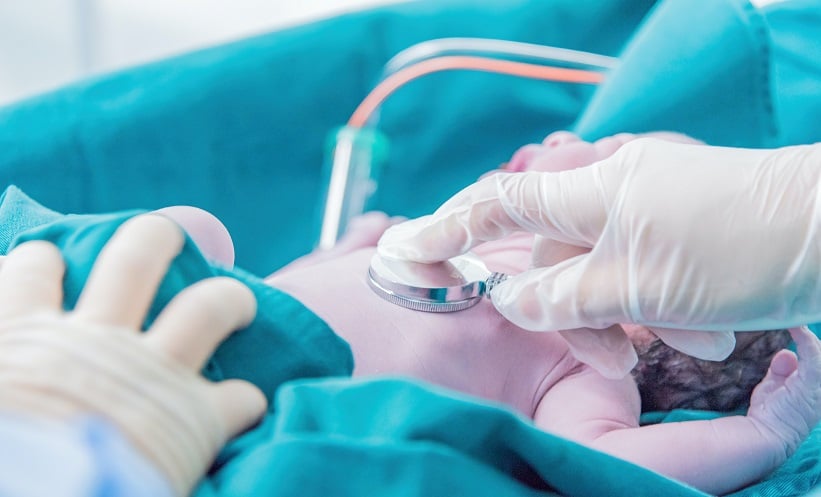CRITICALLY unwell babies in intensive care units may develop acute renal failure, requiring renal replacement therapy (RRT). RRT options are limited for small babies due to a lack of technology, with difficulties of vascular access, fluid balance, blood flow, hypotension, and filter clotting reported.
A research team led by Heather Lambert, Newcastle Upon Tyne Hospitals NHS Foundation Trust, UK, sought to investigate the precision of ultrafiltration, clinical efficacy, safety profile, treatment outcomes, and biochemical clearance for a novel haemodialysis device for babies weighing under 8 kg. The Newcastle Infant Dialysis Ultrafiltration System (NIDUS) was compared to the current option of peritoneal dialysis (PD) or continuous venovenous haemofiltration (CVVH).
Six UK-based centres with experience in performing RRT in babies were used to recruit infants weighing 800 g to 8 kg who required RRT for fluid overload or biochemical disturbance. The study population included 97 babies in total. The cluster-randomised, cross-sectional, stepped-wedge design encompassed four study periods of 18 weeks, with training in NIDUS provided during the control period prior to switching to an intervention period. Thus, the design permitted the use of conventional RRT and NIDUS during the study.
RRT was required post-surgery in 52% (32/62) of the control group and 40% (14/35) of the intervention cases. Researchers found that ultrafiltration with NIDUS was closer to that prescribed when compared to controls (standard deviation: 2.95 versus 18.75 mL/hour; adjusted odds ratio: 0.13). PD reported the smallest and least variable creatinine clearance. Clearance was larger for NIDUS, and largest for CVVH. Finally, across all groups, adverse events were reported; however, mortality was lowest in the PD group and highest in CVVH.
In conclusion, this is the first randomised control trial comparing different RRT options in infants. NIDUS provides a therapeutic alternative to PD in cases where PD is contraindicated, or after PD treatment failure. Results also suggest that NIDUS works effectively, delivering appropriate blood clearances and accurate, controllable fluid removal, suggesting it has an important place alongside other dialysis modalities.








